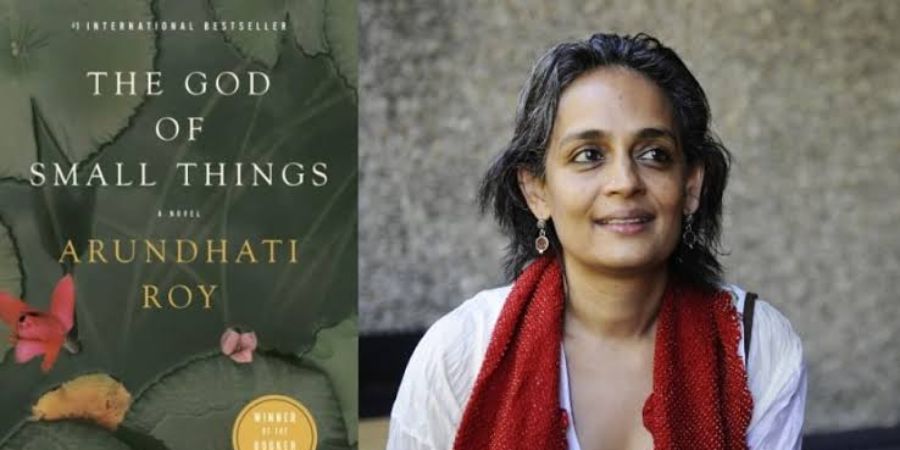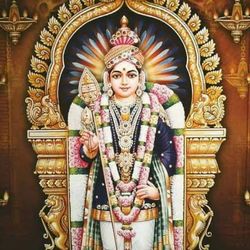

The God of Small Things is a 1997 novel written by Arundhati Roy. A multi-generational family story set in Kerala, India, the book explores themes of love, caste, politics and the human condition. It was a huge critical and commercial success, and won the Booker Prize in 1997. In this review, I will examine all aspects of the book and what makes it such a unique and powerful work.
The plot of the book is complex and unfolds over decades. The story is told primarily from the perspective of two siblings, Rachel and Estha, who are reunited after years of separation. The novel moves forward and back in time, and it is not always clear what is happening now and what happened in the past. This may confuse some readers, but it is what gives this book its unique structure and style.
One of the themes of this book is the concept of "little things", the details and moments that make up our lives. Roy is great at capturing these little things and giving them meaning and significance. For example, the way a character wears a sari or the way they eat can reveal important aspects of their personality and background. Roy also explores how small actions can have big consequences and how seemingly insignificant moments can change a person's life.
Another central theme of the book is how social class and social hierarchy affect people's lives. The main characters are members of a Christian family in Kerala and belong to the "concrete" caste. However, they deal with people from the lower castes and the 'untouchables', which leads to conflict and understanding. Roy does a great job of showing how caste permeates every aspect of Indian society, from politics to religion to relationships.
All the characters in the book are complex and well-developed, each with their own struggles and desires. Rachel and Estha are particularly interesting because they are twins who were separated in their youth and then reunited as adults. Their relationship is loving and intense, and it's clear that they're both deeply hurt by what they've been through. Other characters like family matriarch Mammachi, pariah Velutha and political activist Baby Kochamma are also memorable and three-dimensional. One of the most impressive aspects of the book is Roy's use of language. His prose is poetic and evocative, and he excels at creating vivid and terrifying images. For example, the smell of the river has been described as "sour and metallic, like old blood". His use of repetition and puns also contribute to the lyricism of the writing.
However, some readers may find the language too dense or flowery, and the frequent changes in time and perspective confusing. In addition, the book deals with difficult and controversial topics such as sexual abuse, political corruption and the class system. Some readers may find these topics disturbing or uncomfortable.
Overall, God of Small Things is a powerful and thought-provoking novel that explores a wide range of themes and issues. It is well written, with complex and engaging characters, and offers an accurate and insightful portrait of Indian society. However, it is not a light or easy read, and touches on some difficult and disturbing subjects. Nevertheless, it is a book that deserves careful reading and reflection, and is one of the most important works of Indian literature in recent decades.




